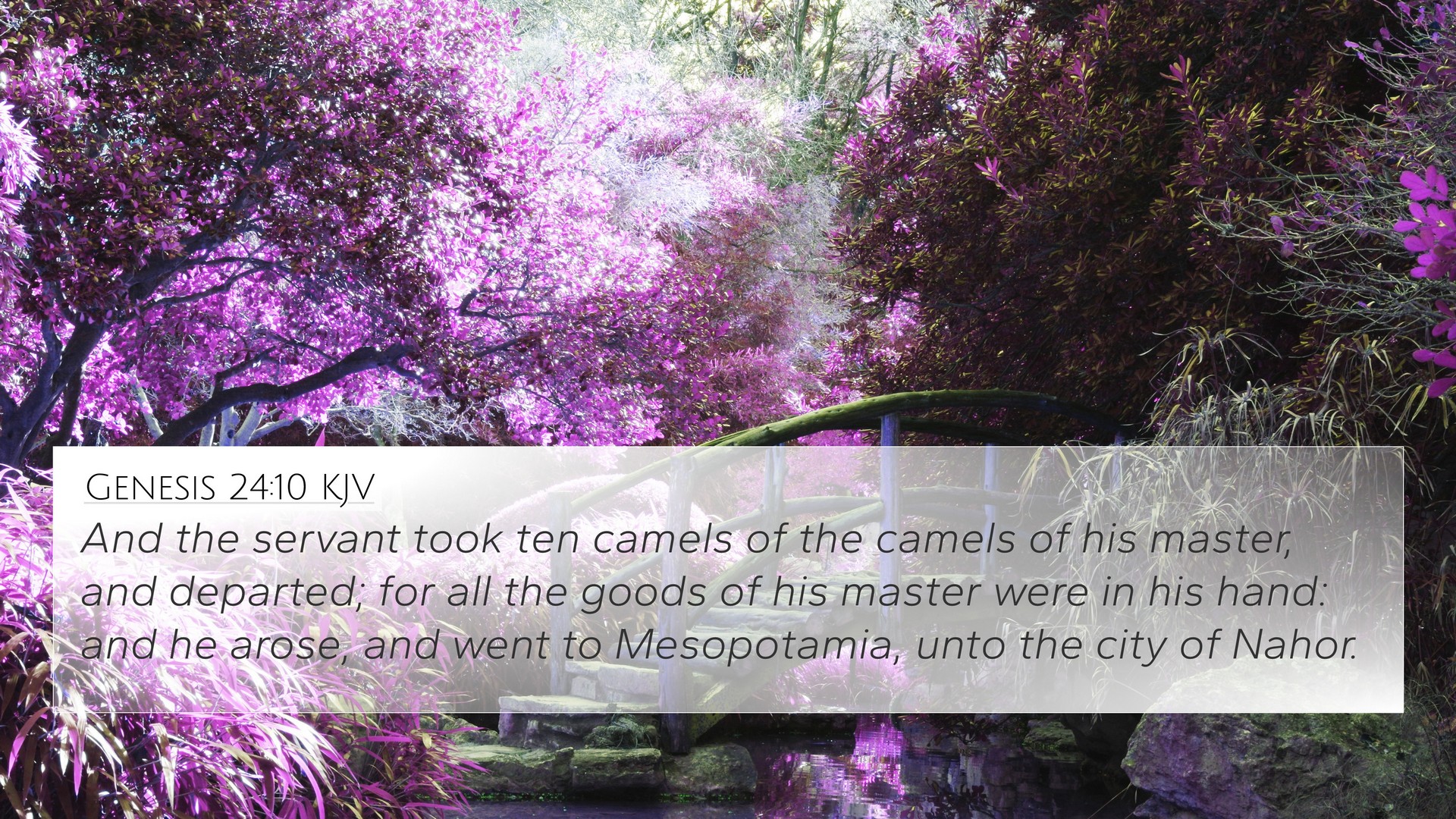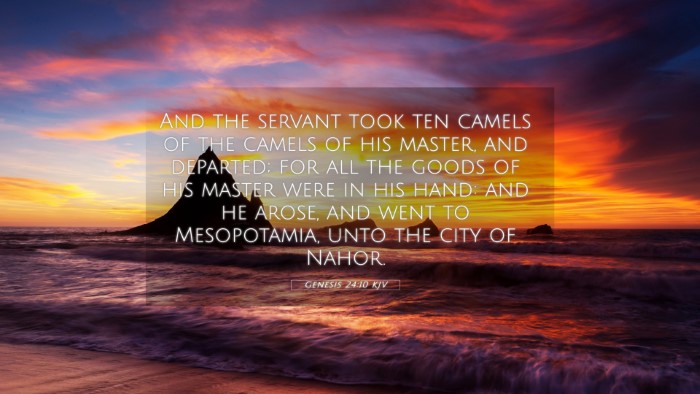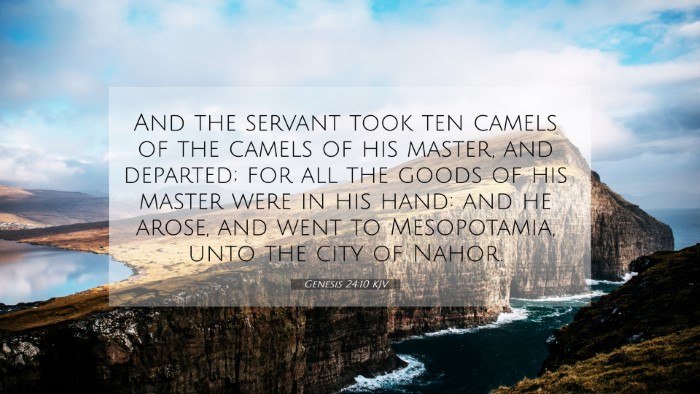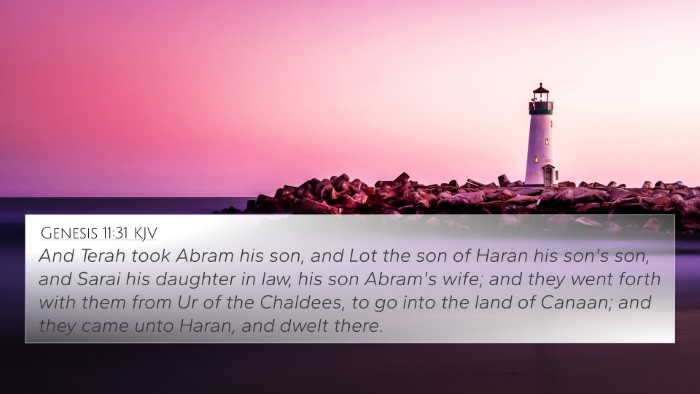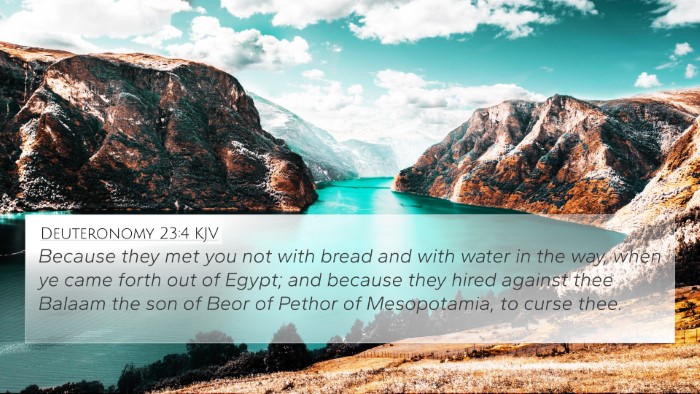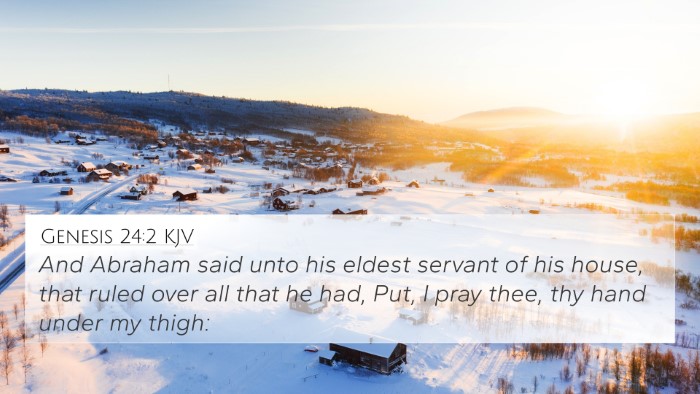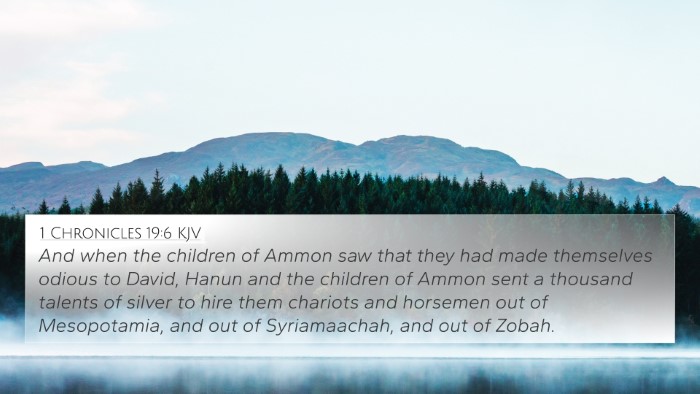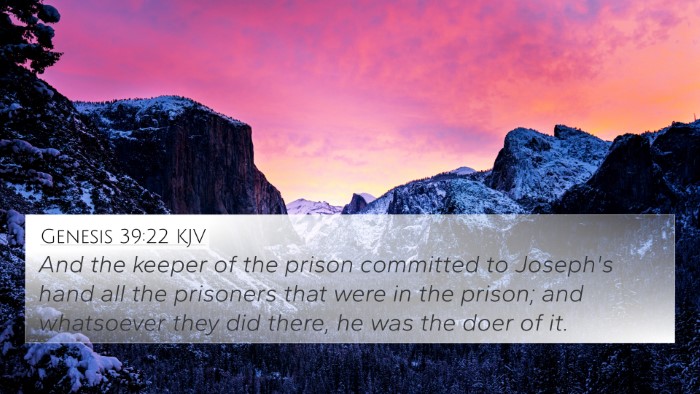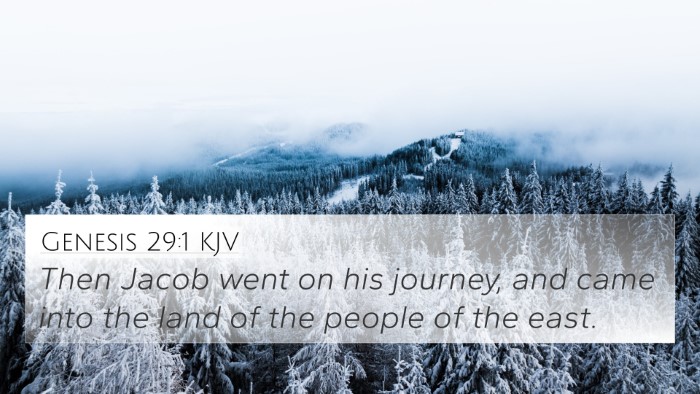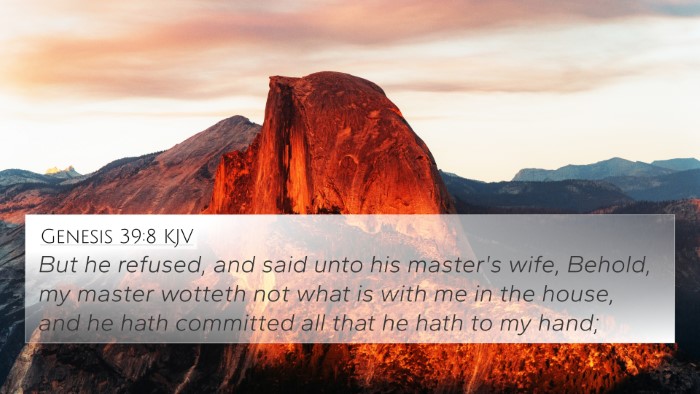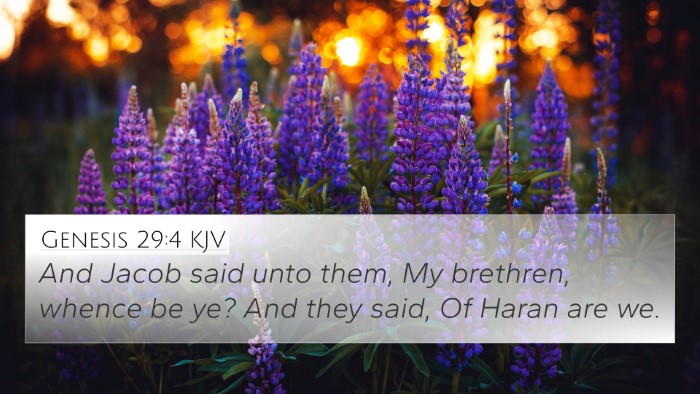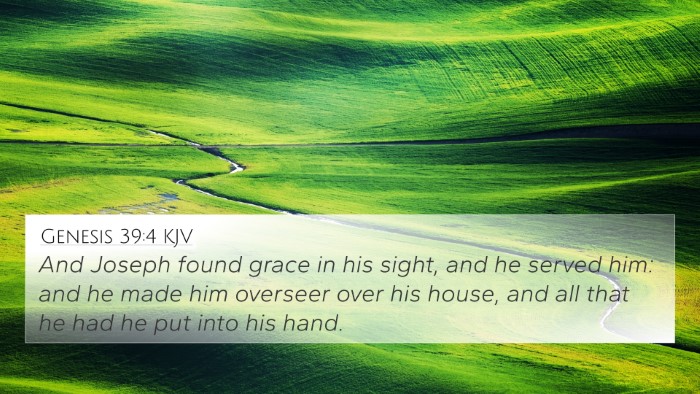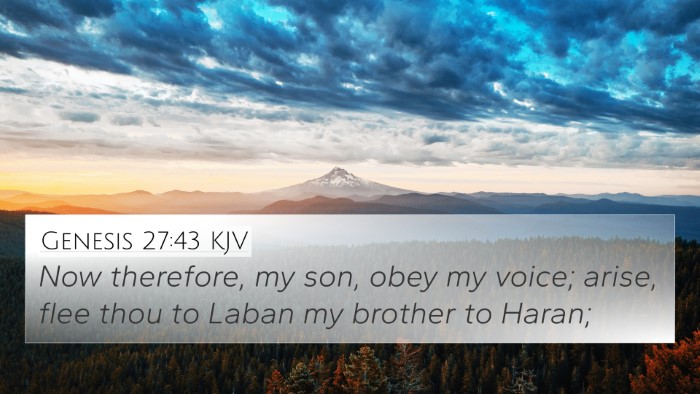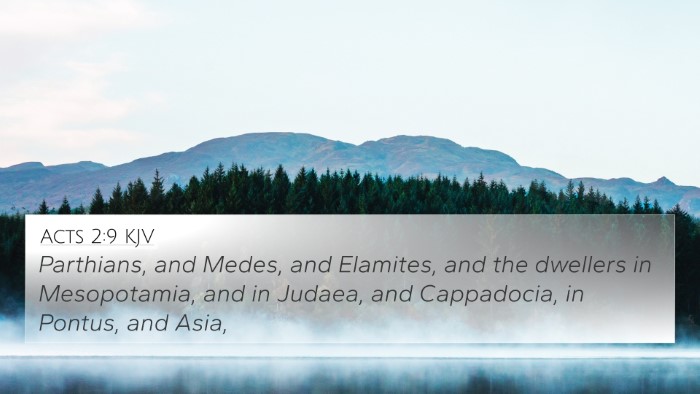Genesis 24:10 - Summary and Meaning
Verse: "And the servant took ten camels of the camels of his master, and departed; for all the goods of his master were in his hand: and he arose, and went to Mesopotamia, unto the city of Nahor." (Genesis 24:10)
This verse illustrates a significant moment in the narrative of Abraham's servant, who is on a crucial mission to find a bride for Isaac, Abraham's son. This servant's obedience and diligent preparation underline key themes about God's guidance and divine providence.
Interpretations from Public Domain Commentaries
- Matthew Henry:
Matthew Henry remarks on the importance of the servant taking ten camels, which symbolizes abundance and readiness. Each camel represents a part of the wealth belonging to Abraham, reflecting the blessings that God had provided. This indicates the seriousness of his mission as well as the intention to uphold his master's honor by ensuring that Isaac has a suitable spouse.
- Albert Barnes:
Barnes focuses on the geographical significance of Mesopotamia and the city of Nahor. This choice of location emphasizes the legitimacy of Abraham's lineage and God’s promises, showcasing how God's plans unfold through specific individuals and places. The congregation of wealth in the servant's “hand” reflects God's provided means to achieve fulfillment in His covenant.
- Adam Clarke:
Adam Clarke delves into the representation of the camels as symbolizing burdens and the principle of carrying forth responsibilities. He emphasizes that the servant's journey is not merely physical but also spiritual, as he seeks divine direction to fulfill God's covenant plan. Clarke's insight underlines the theme of trust and reliance on God throughout this mission.
Thematic Connections and Cross-References
This section highlights significant Bible verses that relate closely to Genesis 24:10, helping to establish a broader understanding of the text:
- Genesis 12:1-3: God’s call to Abraham to go to a new land connects to the servant's journey to find a wife for Isaac, signifying the continuation of the divine promise.
- Genesis 22:17: The blessing of numerous descendants is interlinked here, as finding Isaac a bride is a step toward fulfilling God's promise of multiplication.
- Genesis 24:1-9: The entire context of the chapter elaborates on the mission of the servant and God's guidance in making critical decisions.
- Proverbs 3:5-6: "Trust in the Lord with all your heart and lean not on your own understanding; in all your ways submit to him, and he will make your paths straight." This principle aligns with the servant's reliance on God's direction.
- Romans 8:28: "And we know that in all things God works for the good of those who love him, who have been called according to his purpose." This suggests a broader application of God's overarching plans, similar to those seen in Genesis.
- John 4:35: This New Testament verse about harvesting signifies the diligence of spiritual missions, paralleling the servant’s determination to find a bride.
- Psalm 32:8: "I will instruct you and teach you in the way you should go; I will counsel you with my loving eye on you." This reflects the divine guidance the servant seeks in his endeavor.
Conclusion
In summary, Genesis 24:10 encapsulates a microcosm of faithfulness, readiness, and God's promises through the actions of Abraham's servant. Understanding this verse rests upon recognizing its connections with other scriptures, revealing a tapestry of God's intricate designs woven throughout the biblical narrative.
***For those interested in further biblical studies, consider utilizing a Bible concordance or Bible cross-reference guide to delve deeper into these themes and connections between Bible verses. Tools for biblical cross-referencing will enhance understanding and facilitate spiritual insight through comprehensive Bible verse analysis.
